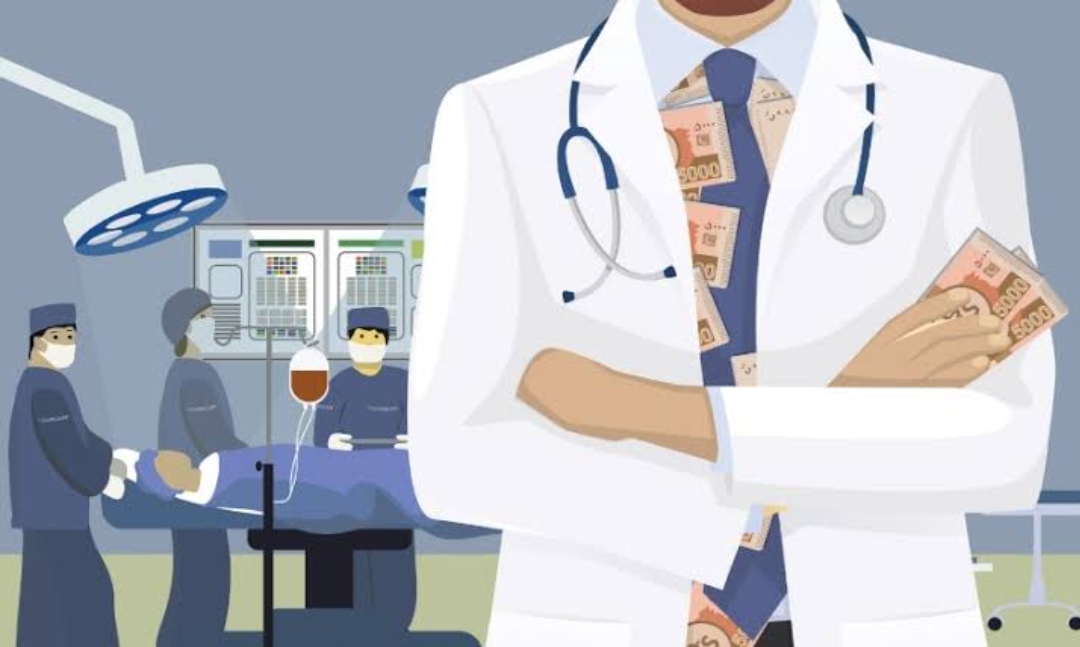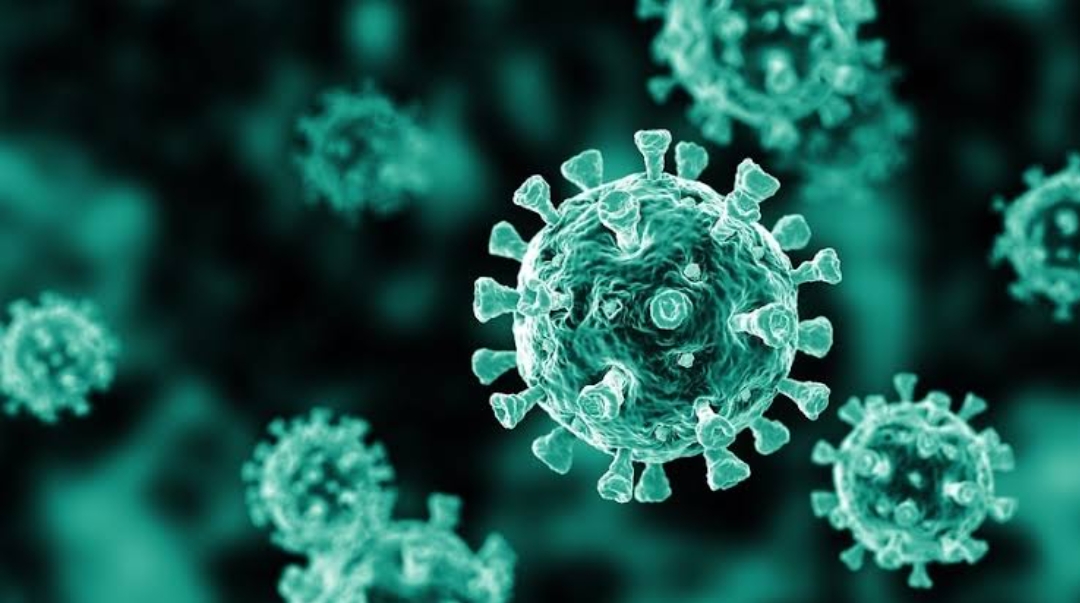
The Future of Healthcare Post Covid in India
The onset of the COVID-19 pandemic added to the challenges, pushing the healthcare industry to act quickly to stop the virus from spreading. India was one of the worst-affected countries by the Coronavirus, with over 27 million illnesses and over 300,000 deaths since the outbreak began. During the second wave, it resulted in an alarming breakdown of the healthcare system, with many organizations going wild. The mishandling of the supply chain was obvious. People were fighting for their loved ones’ survival due to a lack of crucial resources such as oxygen, medicines, and even hospital beds. But, in the end, what counts most is the answer to one question: Will this pandemic be remembered as a tragedy in the Indian books or as a calamity transformed into a chance for a brighter future of healthcare? As we look to the future and apply what we’ve learned from the previous Covid wave, we must ask: Can technology help automate these laborious processes? Can two of these three attendants be replaced by “digital assistants”? Can we have a “Command Center” to ensure that supplies are available in all hospitals and health facilities instead of forcing authorities to issue SOS online or make frantic phone calls?
In the future of healthcare, India needs an integrated healthcare paradigm that incorporates both traditional and modern practices, and technology will enable this. AI, IoT, analytics, and data will enable in-patient care improvement, pathology digitization, and other health-tech solutions by managing supply chains and inventory and establishing electronic health records (EHR) for all.
It has given us the chance to fill the healthcare gap, so that India’s healthcare system is future-ready. Many innovations outside of the healthcare area have aided us in speeding up our efforts to strengthen the healthcare industry. One of the projects that has offered much-needed support to the Indian healthcare sector is ‘Atmanirbhat Bharat.’ In many aspects, the effort is expected to improve India’s primary, secondary, and tertiary healthcare facilities. To make healthcare more inexpensive and accessible, the government has introduced schemes such as Ayushman Bharat (PM-JAY) and the National Digital Health Mission (NDHM). They are a promising start towards enhancing our country’s healthcare system, and we will see more such initiatives emerge on both the private and public front.
Overall, Covid-19 has been crucial for us since it has quickly made all of us aware of and dedicated to strengthening the country’s health infrastructure. These lessons will be crucial in helping us manage diseases holistically.


















